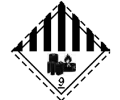International Maritime Dangerous Goods Codes
The International Maritime Dangerous Goods (IMDG) Code was first published by the Inter- national Maritime Organization (IMO) in 1965 and is updated every two years. As of January 2004, the Code has been mandatory for the International Convention for the Safety of Life at Sea (SOLAS) signatory states, effectively making it a global rulebook for the sea trans- port of Dangerous Goods.
Although it is directed primarily at sea transport, the provisions of the Code may affect a whole range of industries and services. Manufacturers, packers, shippers, feeder services such as road and rail and port authorities will find authoritative advice on classification, sto- wage, segregation, packing, labelling, terminology and emergency response action.
Please check with the International Maritime Organization for detailed and updated data. The information given here is meant to be for general overview, only.
The 9 Classes Of Dangerous Goods
In no order of degree of danger, dangerous goods are categorized in 9 classes. You‘ll typically find the respective class on the bottom of the label. You‘ll find the most relevant labels in this section.
Class 1 | ExplosivesExplosive substances or articles |
    |
Class 2 | Gasses |
   |
Class 3 | Flammable Liquids |
 |
Class 4 |
Inflammable SolidsSubstances liable to sponta- neous combustion, |
   |
Class 5 |
Oxidizing SubstancesOxidizing substances and organic peroxides. |
  |
Class 6 |
Toxic And Infectious Material |
  |
Class 7 |
Radioactive Material |
    |
Class 8 |
Corrosives |
 |
Class 9 |
Miscellaneous Dangerous Goods |
  |
Class 1
Explosives
Explosive substances or articles
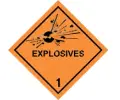
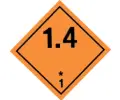
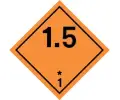
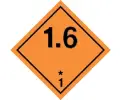
Class 2
Gasses
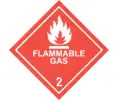
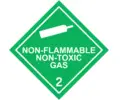
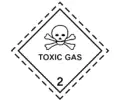
Class 3
Flammable Liquids
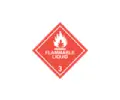
Class 4
Inflammable Solids
Substances liable to sponta- neous combustion, substances which, in contact with water, emit flammable gases.
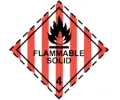
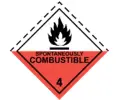
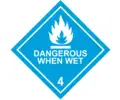
Class 5
Oxidizing Substances
Oxidizing substances and organic peroxides.
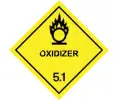
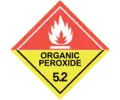
Class 6
Toxic And Infectious Material
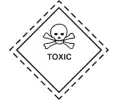
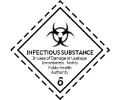
Class 7
Radioactive Material
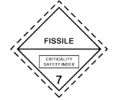
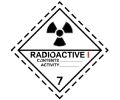
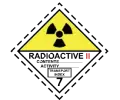
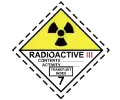
Class 8
Corrosives

Class 9
Miscellaneous Dangerous Goods

